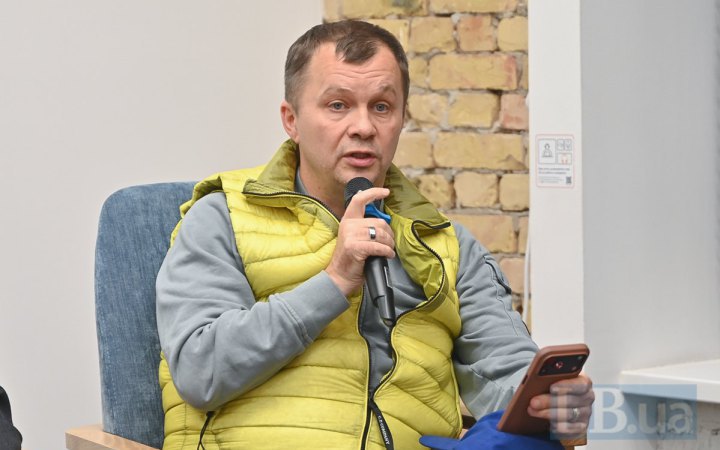During a discussion organised by LB.ua and EGI Group as part of the New Country project, the president of the Kyiv School of Economics (KSE) Tymofiy Mylovanov argued that it is unfair to provide funding to higher education institutions merely because they belong to the state. He emphasised that support should be given to those who perform better, not simply to those dependent on government resources.
The KSE president described this approach as a violation of the Constitution and a sign of inadequacy. He added that such attitudes are exhibited not only by officials but also by entrepreneurs.
“I find it unpleasant and offensive when members of a jury that allocates funds – whether state or private – in competitions involving the Kyiv School of Economics say, ‘We must support state universities.’ This fundamentally offends me because it violates the Constitution of Ukraine and reflects the inadequacy of certain people’s mentality. But it offends me even more when this comes from entrepreneurs and business people rather than officials. When they say we should support someone not on the basis of what we do best, but on the basis of ownership, relationships, or something else,” he explained.
Mylovanov added that since Soviet times, a false belief has persisted that “everyone owes us something.” As a result, some people have become accustomed to inaction, waiting for others to make decisions on their behalf.
“For example, the state will come and raise our salaries. We wait and wait and wait, and we resent the state. We expect that the President of Ukraine will somehow magically find more hours in his day to devote to education and science during the war. That a particular lyceum director or university rector will somehow find the resources to renovate laboratories, change workplace culture, and increase salaries. What I want to say about this is that I understand the minister’s responsibility, but the expectation that someone in the education sector owes us something is a deeply dysfunctional attitude rooted in Soviet culture, which prevents us from moving forward,” he said.








